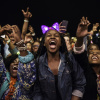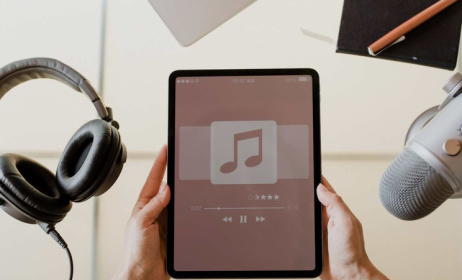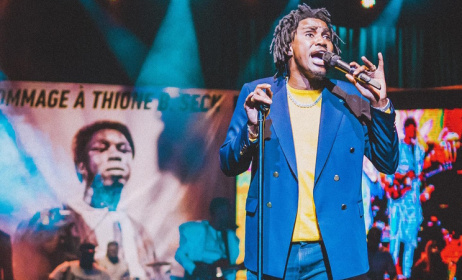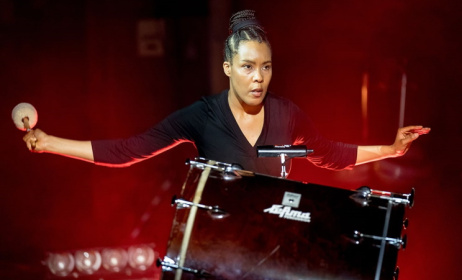D’Banj: Music publishing is the answer to industry problems
D’Banj has said that some of the problems of revenue collection facing the Nigerian music industry can be traced to a lack of a proper distribution and the lack of music publishing in the country. The pop star was speaking on Wednesday 20 April at the Nigerian Entertainment Conference, which was held in Lagos, Nigeria.
 D'Banj
D'Banj
The artist, whose real name is Dapo Oyebanji, also touched on the problems of music distribution within the country, noting that Alaba market, the notorious den of piracy in Nigeria, is not the true problem. “Since the day I started my music career,” he said, “people always say Alaba is killing us. I say where is Alaba?
“I have been doing some research and I found out that, there’s no authorised marketer for both movies and music that has a store at Alaba. That means physical distribution has not really been made clear to us. This is why I say I have never been pirated. How can you be pirated when there’s no difference between the original and fake copies?"
Gabosky, a film marketer also at the conference, agreed with D’Banj, adding that before the increase of internet penetration “what we had was the piracy system for distribution.”
The 'Emergency' singer continued: “And I looked abroad, I mean the western world, and I said to myself that how do they do it? And I will tell you in all my life that I have been travelling, I have never seen one music stand, or one movie shop, where someone can just walk in and that it’s only music or movies you buy.
"So when you go to London, you see a Virgin Mega Store or HMV, and when you walk in to purchase other things, you will see where you can buy original CDs and DVDs. So, I asked myself, do we have such kind of platforms here in Nigeria, do we have such networks here in Nigeria that we can register with and finally say to ourselves as an industry that we do have physical distribution? Physical distribution has been almost eradicated, but there is something there: we have digital distribution. What we don't have is publishing.
"As artists we are not looking for new money; the money is there already. Last year digitally available music made 80 billion. 60% went to network providers. The remaining 40% went to content providers. The question now is did content providers get that the 8 billion that is supposed to come to them? No. But if we had publishing companies, getting this money would be their duty."
Asked how music professionals can protect their work through licensing and publishing, D'Banj said he was working on a solution, adding that the Copyrights Society of Nigeria (COSON) is fashioning a way to assist Nigerian artists to collect revenue from their work.
























Commentaires
s'identifier or register to post comments